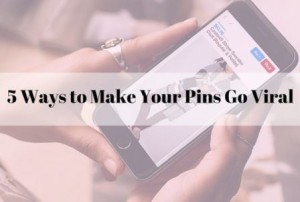
Here’s a simple, foundational principle of business that every entrepreneur should know: When you approach a potential customer, you should always have a Plan A and a Plan B in mind; a big ask and then a little ask.
If you ask the customer for something big, and the customer says no, you don’t sweat it. You proceed directly into your little ask. And here’s the thing: As part of our human nature, we don’t really like delivering flat-out rejections to people. After a customer gives you a no, he or she may feel a little bad about it—but agreeing to your small ask can help alleviate some of those bad feelings. Your customer will feel happy to commit to something smaller, and though you didn’t get the big think you were hoping for, you do have an open door, an ongoing connection to that customer that may yield results down the road.
Let me give you an example from my own business. At Fuego Diablo, I’m selling premium steaks—not really cheap, and not really something that the average Canadian consumer has much experience with. Buying a piece of meat online and then having it shipped to your home on a bed of dry ice is outside the comfort zone of many, so while that’s my big ask—I ultimately want people to buy steak from me—I’m not necessarily surprised when I get a no.
That’s why I’ve always got the little ask to fall back on—and it really couldn’t be simpler. If people don’t want to buy steak from me, I simply ask them to stay in touch. Like Fuego Diablo on Facebook. Sign up for the company newsletter. Or enter a contest and get a chance to win some free steak.
That’s a humble request, a modest proposal—and I find that a good many customers are willing to do it. It’s not as good as me actually selling them a steak outright, but at least I win a chance to keep them on my radar, continue educating them about my product, and hopefully sell them on a steak later on.
The lesson here for entrepreneurs is a simple one: You need an ask beyond your product. No matter how good your product is, you’re not always going to get a yes for it. That’s why you need to have something a bit smaller in mind.
Business & Finance Articles on Business 2 Community(97)
Report Post





